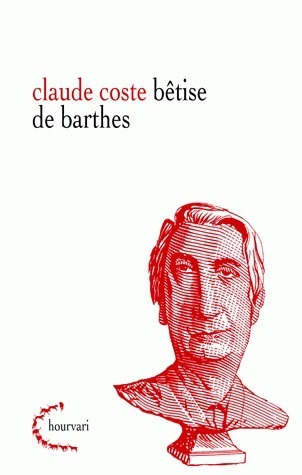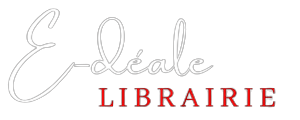Barthes was fascinated by folly – that of others, of course, but also his own. In the tradition of Flaubert, he willingly confused folly with stereotypes, platitudes, or repetitions. In other words, people are foolish whenever they allow themselves to be alienated by others' thoughts or when they are not "themselves," and they can avoid it by making an effort to avoid using platitudes or to endow them with their own experiences. But what does it mean to “be oneself”? Is there any worse foolishness than to believe in a subjective singularity, in an individuality which can escape the “fascism” of language, from the culture's “hackneyed” sayings? Haunted by the decidedly tragic question “Who am I?” Barthes relies on literature to escape these two forms of foolishness. By examining the malaise and creativity which permeate his entire body of work, this book thus invites readers to explore folly according to, by, and for Barthes in areas as disparate as literature, literary criticism, politics, travel, the body and “modernity.”
In addition to being a Professor of French Literature at Université Stendhal-Grenoble 3, Claude Coste is an expert in, and publisher of, the works of Roland Barthes.




